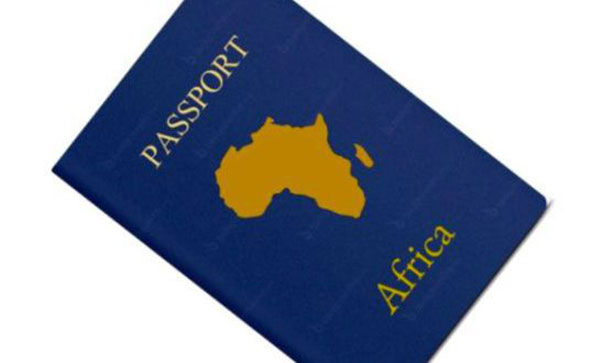The number of high net worth individuals looking for a second international passport in order to improve their global access rose by 50 percent year-on-year, according to the latest statement from the deVere Group.
The group said national lockdowns, borders and travel restrictions have helped boost enquiries for second passports, citizenships and overseas residencies this year.
deVere Group, an independent financial advisory firm, that manages over 100,000 clients globally said demand for its residency and citizen service skyrocketed in this highly unusual year.
Most of the enquiries were from high net worth individuals from the U.S., India, South Africa, Russia, the Middle East and East Asia “who are seeking alternative options in Europe and the Commonwealth.”
According to Nigel Green, the Founder and CEO of deVere Group, “Previously, a second passport, citizenship or residency were regarded by many as the ultimate luxury item; a status symbol like yachts, supercars and original artwork.
“While this still remains the case, there’s also been a shift due to the pandemic.
“Now, second citizenship or overseas residency are increasingly becoming not just a ‘nice to have accessory’ but a ‘must have.’
“Whether it be for personal reasons, such as to remain with loved ones overseas or be able to visit them, or for business reasons, a growing number of people are seeking ways to secure their freedom of movement as they have faced travel restrictions which are, typically, based on citizenship.”
He continues: “The pandemic has served as a major catalyst for demand which skyrocketed this year. It has focused minds to secure that second passport or elite residency.
“However, the appeal for is broader than just the global Covid-19 crisis.
“Increasingly people prefer the concept of being a global citizen, rather than being solely tied to the country of their birth.
“They too value the many associated benefits including visa-free travel, world-class education, optimal healthcare, political and economic stability, reduced tax liabilities and wider business and career opportunities.”
However, nations have different criteria for granting citizenship, including time spent in the country, the ability to prove the legal source of funds and zero criminal records.
For instance, Portugal’s residency program requires just two weeks every two years of residency to gain the benefits, including the right to live, work, study and open a business there, as well as travel across the 26 countries of Europe’s Schengen area.
“More and more nations are running citizenship-by-investment programs, in which applicants invest an amount of money in a sponsoring country typically in high-end, new-build real estate developments in exchange for permanent residency, citizenship, or both,” affirms James Minns, deVere’s Head of Residency & Citizenship.
“These programmes, which high-net-worth individuals regard as invaluable insurance, are typically based on property investments that start from 250,000 EUR.”
Nigel Green concludes: “These highly unusual times have fuelled the surge in demand for second passports.
“The pandemic has brought into sharp focus what really matters to people: family, freedom and security.”


 Forex2 weeks ago
Forex2 weeks ago


 Naira2 weeks ago
Naira2 weeks ago
 Naira4 weeks ago
Naira4 weeks ago
 Billionaire Watch1 week ago
Billionaire Watch1 week ago
 Company News4 weeks ago
Company News4 weeks ago




 Naira2 weeks ago
Naira2 weeks ago




 Naira1 week ago
Naira1 week ago




 Naira4 weeks ago
Naira4 weeks ago





















